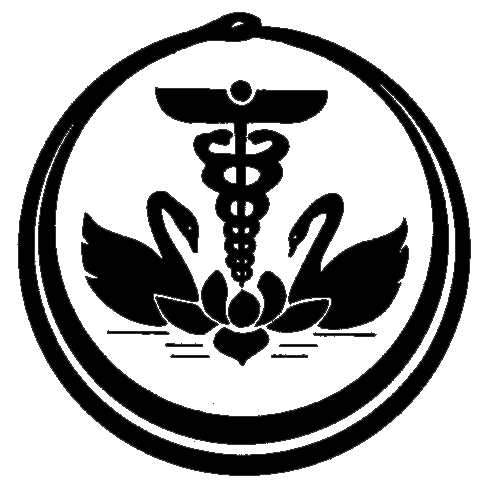Irritable bowel syndrome (IBS) is becoming a common cause of digestive problems. At least 10-15% of the population are affected by it. The cause for IBS is not known. The mind and stress play a very important role here. It usual affects a person before they are 45. It affects women 2-3 times more than men. 60-80% of IBS sufferers are women. It is not structural but functional. Whatever tests are done will all be normal.
Ayurveda considers IBS as Grahini. In Grahini the stomach, intestines and bowel are not functioning well. Food that is ingested is first acted upon by the digestive fire or agni and then passes down into the intestine for further digestion and then finally excreted. In Grahini both the agni and the vata dosha are affected. Vata dosha is responsible for the transportation of the food. If the agni is not functioning well, then the food in the undigested state travels down the intestine. Vata dosha is made up of 5 different types which are found in different parts of the body. The 2 types of vata that are involved here are the samana vayu which is present in the stomach and the apana vayu which is responsible for transportation in the intestines. Because of vata being so involved people with vata constitution are more prone to Grahini.
According to Ayurveda, Grahini is of 4 types.
- Vataja: Here the vata is mainly affected. Some causes for this type of Grahini are fasting, excessive physical exercise, suppression of natural urges and eating dry stale food. The symptoms are diarrhoea alternating with constipation, excessive gas formation, excessive flatulence, feeling cold most of the time, loss of sleep and loss of weight
- Pitaja: Here the dosha involved is pitta. Causes are excessive intake of very spicy and sour food, excessive physical activity and suppression of natural urges. Symptoms include heartburn, diarrhoea, feeling hot, belching, excessive thirst and anger.
- Kaphaja: Here kapha is affected. Causes include eating foods that are hard to digest, oily foods, cold or heavy foods, frequent intake of food, sleeping immediately after eating. Symptoms include nausea, vomiting, heaviness of body and lethargy. Stools are usually full of mucus and hence slimy.
- Tridoshic: Here all the 3 doshas are affected.
The main aim of Ayurvedic treatment is to balance vata and improve the agni with the help of herbs, massages, exercise, yoga and counselling. Vata’s nature is to be on the move all the time and this can be chaotic at times. Because of this, to balance it it is very important to bring routine and consistency into the lifestyle. Treatment without taking into consideration the psychological state of the person will not succeed.
Herbs like ginger, cloves, cardamom and fennel are very helpful in the treatment of vataja type. Shatavari and Ashwagandha are among two of the best herbs that can regulate vata. Triphala has been found to be very effective. Sour and salty tastes are beneficial. Massages with vata reducing oils are also effective.
continued next issue
Mrs. Mira Swami, Department of Ayurveda
